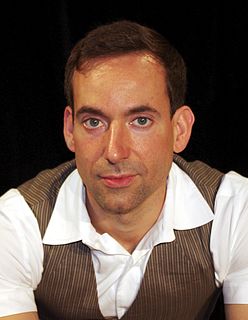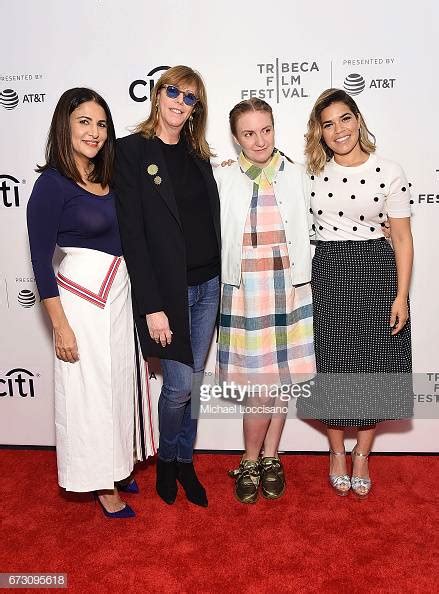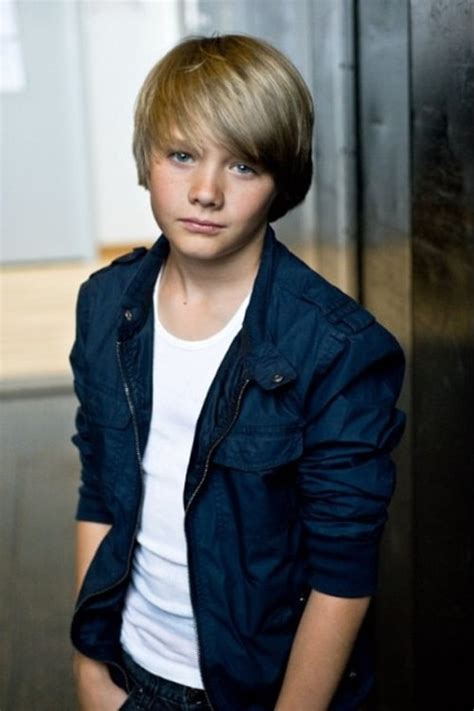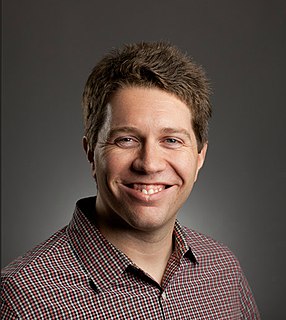A Quote by Paul Bloom
The effects of Twitter and Facebook and all those things on people's psychologies is a really interesting question to which nobody knows the answer.
Related Quotes
If you don't have a Facebook, like, you're nobody. There's all of these sort of requirements now, and if you don't have all of these things - Facebook, Twitter, etc. - you're made fun of. And Twitter for celebrities... everything is just getting so personal. Pictures of yourself, of what you're eating for breakfast.
It's when people come at you on Twitter and say really crazy things. That's the kind of stuff that I insulate myself from. All of that is not very interesting or helpful, but we have critics who sometimes really love us or sometimes don't, and it's really interesting for me to see what they don't like about it.
The way the Facebook network is set up, it's not as suitable for content discovery. Twitter is better, but there are too many over-sharers. Also, on Twitter and Facebook, everything comes from people you know. On StumbleUpon, it comes from people that you don't necessarily know but share your interests.
A dialogue is very important. It is a form of communication in which question and answer continue till a question is left without an answer. Thus the question is suspended between the two persons involved in this answer and question. It is like a bud with untouched blossoms . . . If the question is left totally untouched by thought, it then has its own answer because the questioner and answerer, as persons, have disappeared. This is a form of dialogue in which investigation reaches a certain point of intensity and depth, which then has a quality that thought can never reach.
The real question for me is, do people have the tools that they need in order to make those decisions well? And I think that it's actually really important that Facebook continually makes it easier and easier to make those decisions... If people feel like they don't have control over how they're sharing things, then we're failing them.






































